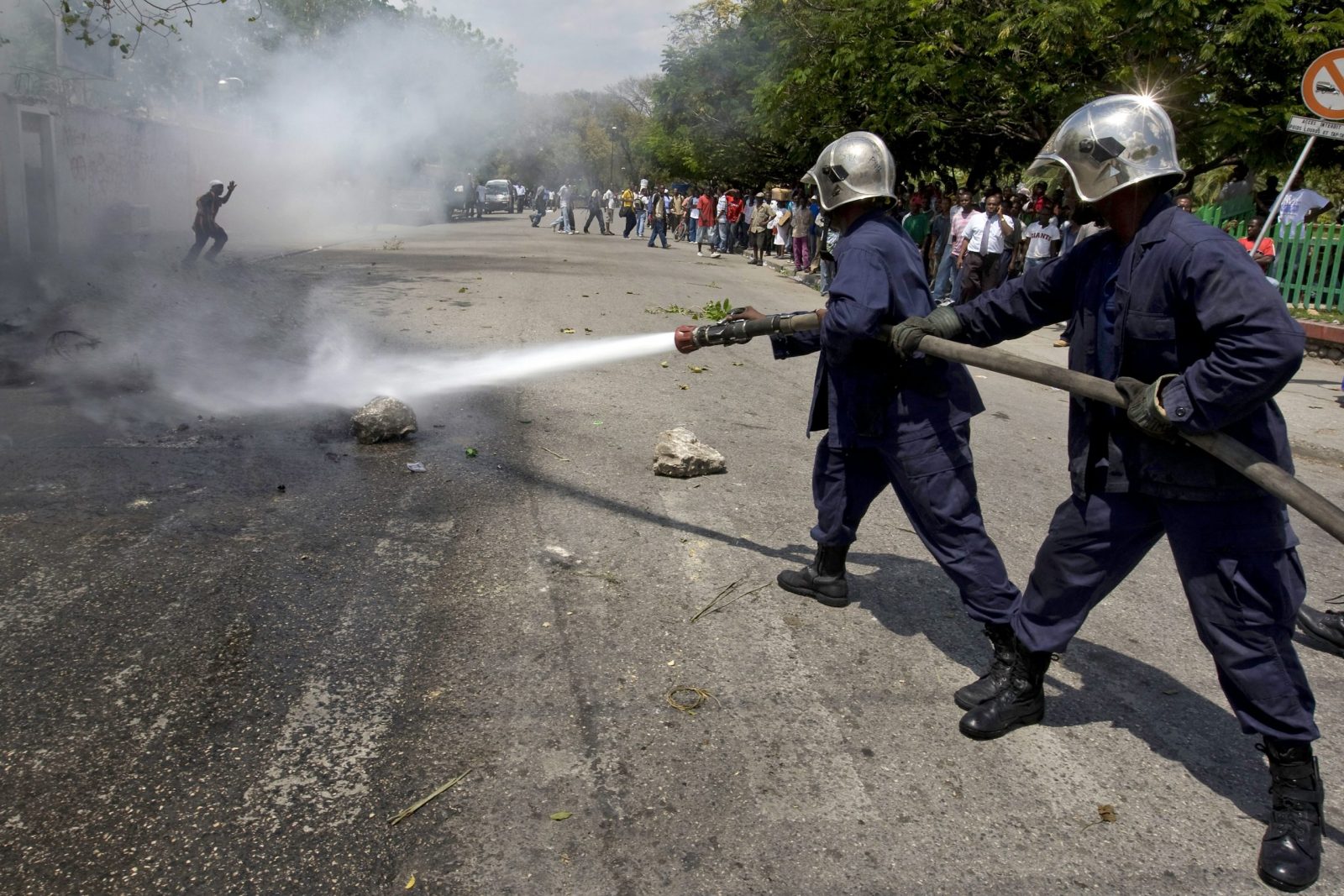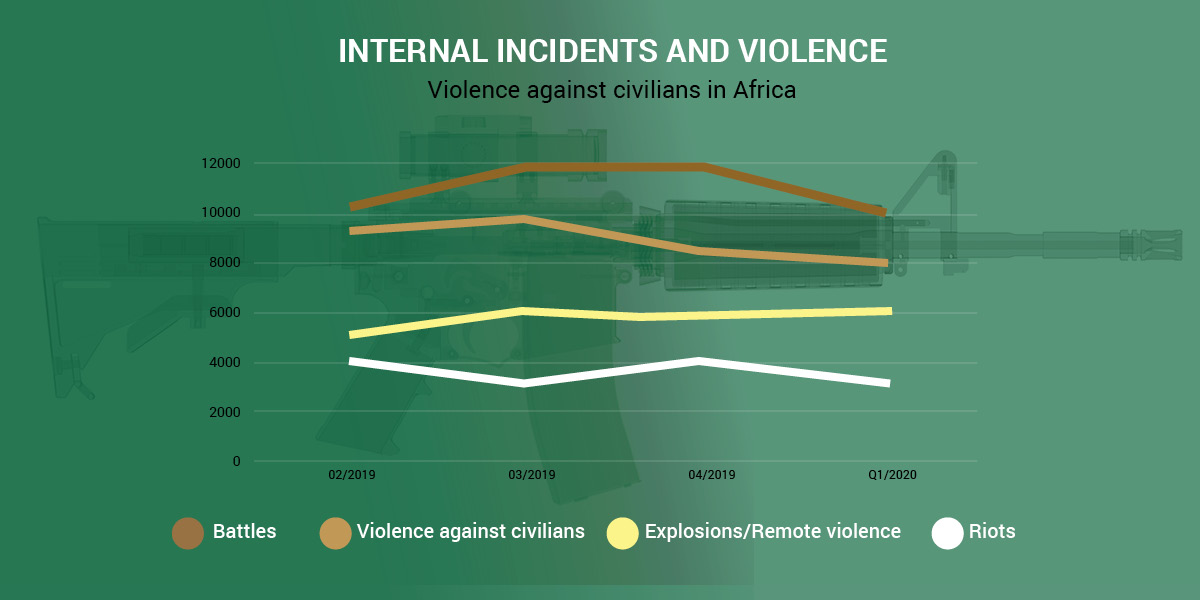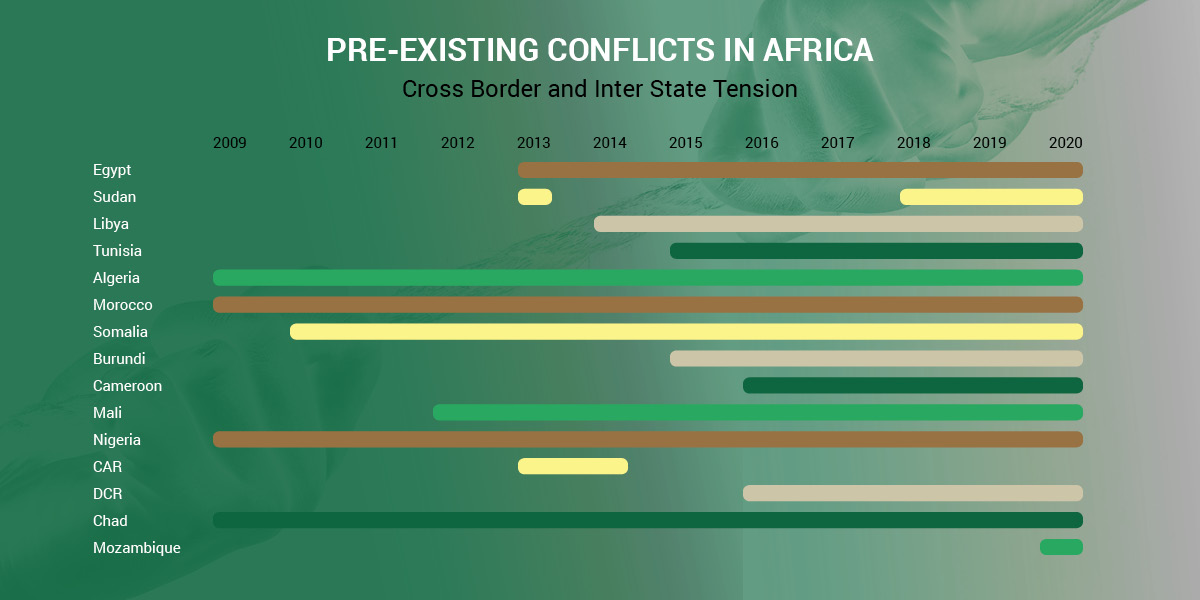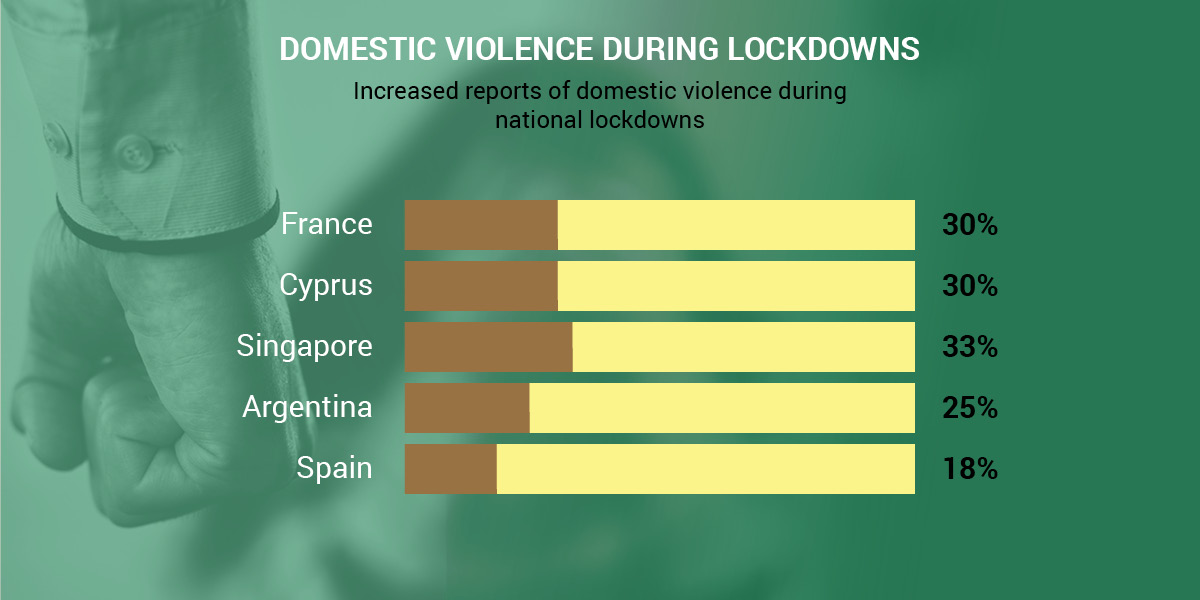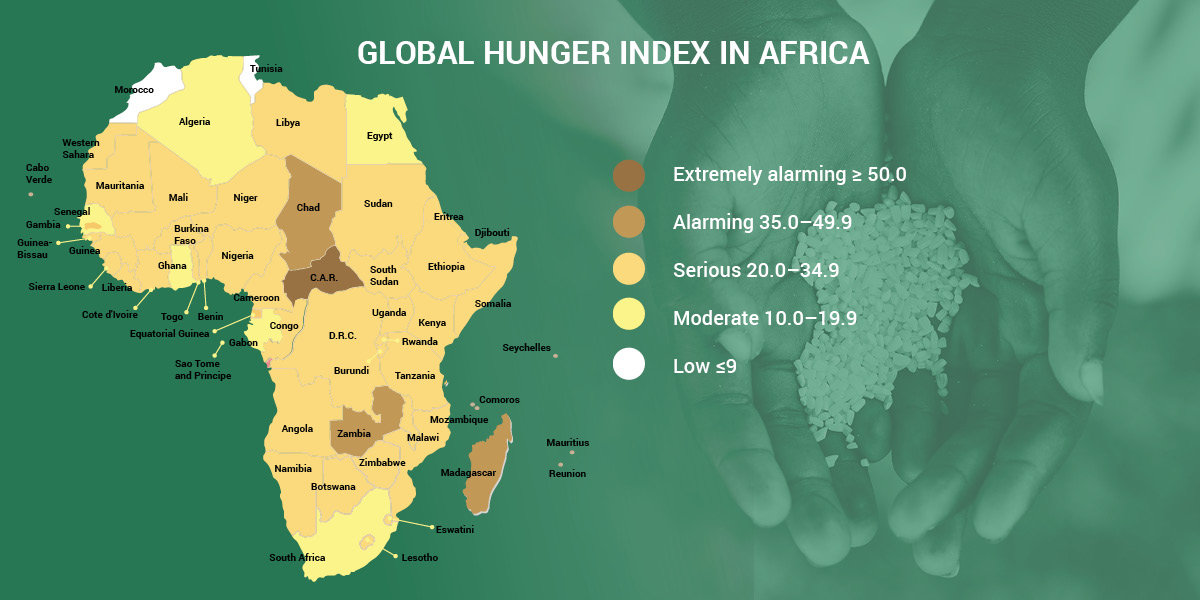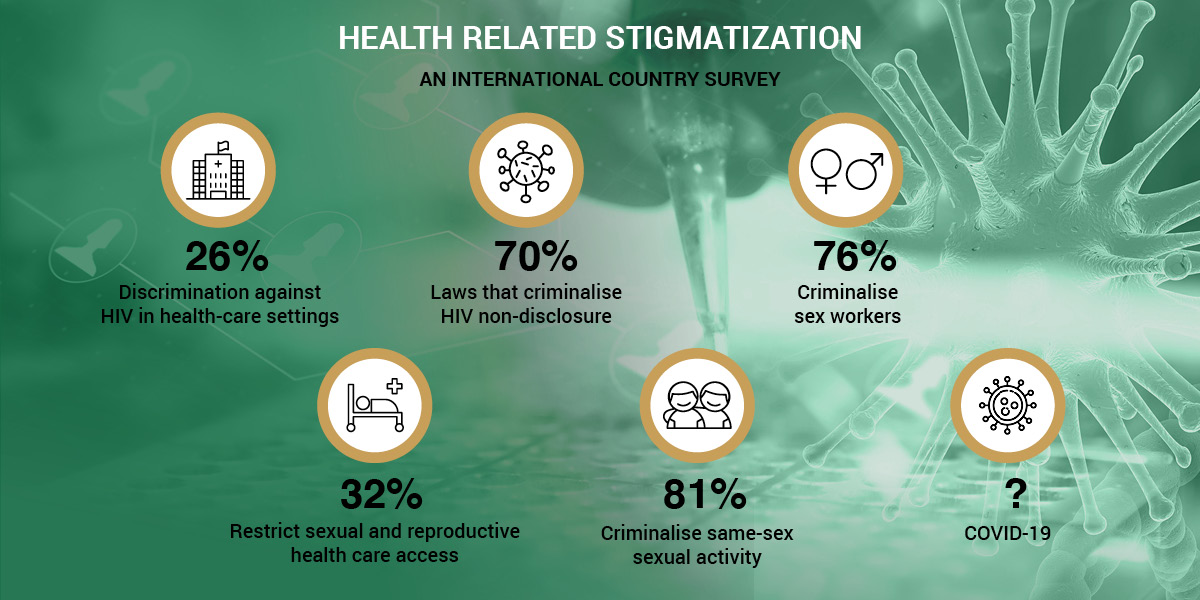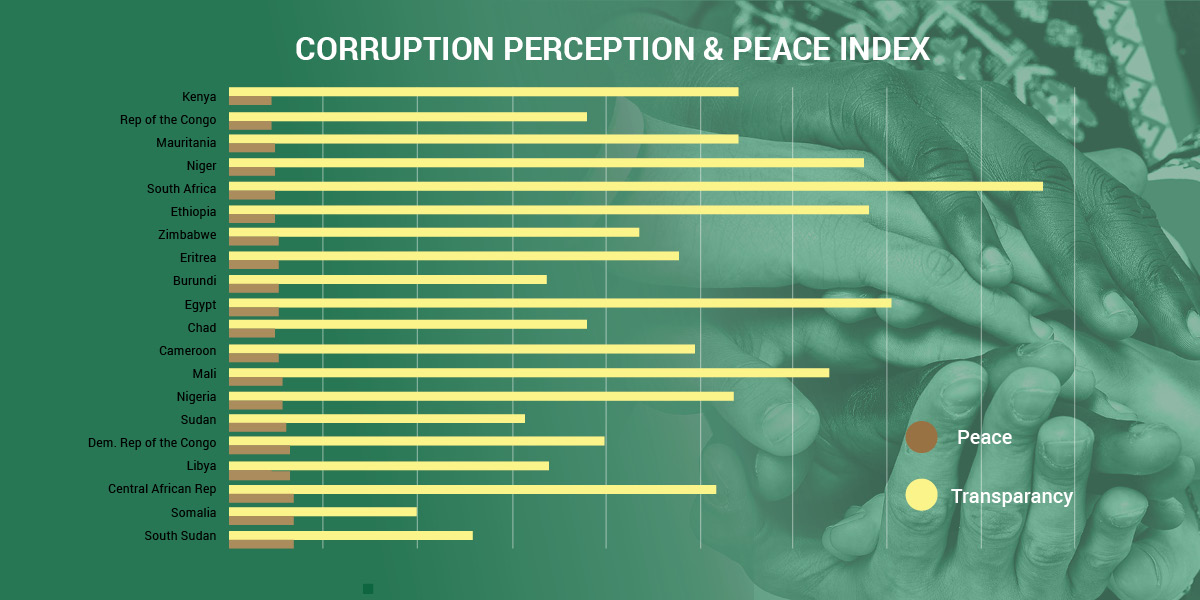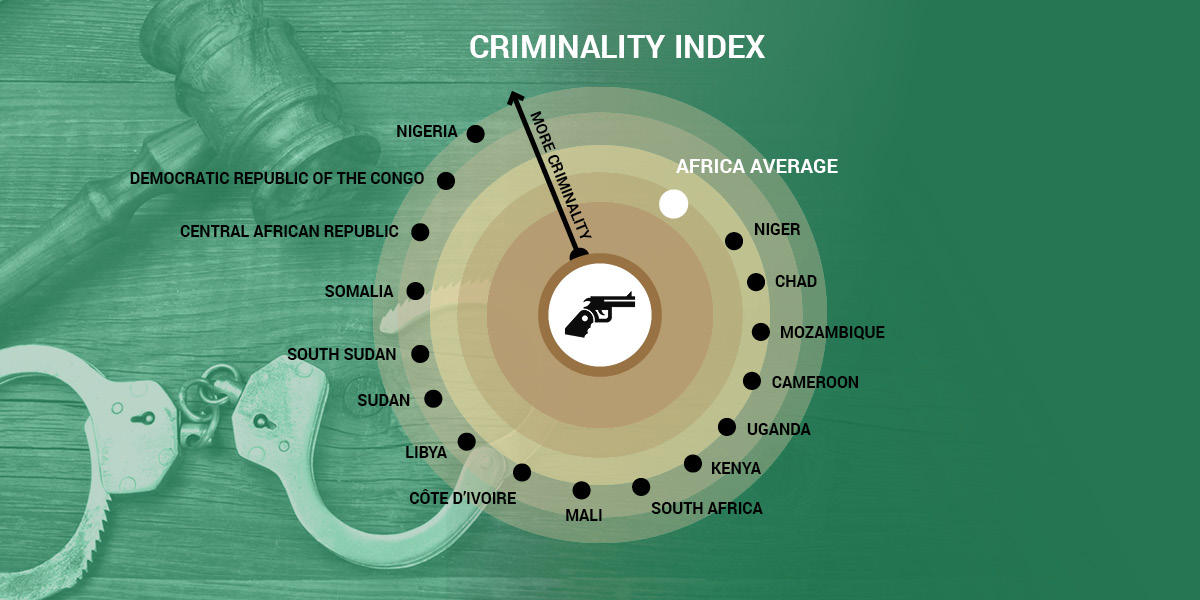The coronavirus (COVID-19) infection rates in Africa are still lagging far behind East Asia, Europe and America, making the number of confirmed cases at this stage comparatively low. Nevertheless, projections are that the number of cases will grow exponentially in Africa over the coming days and weeks, as they did elsewhere.
When the overall number of infections starts to increase, the caseload of patients that need medical care will inter alia, significantly disrupt Africa’s already limited and weak health systems. These effects in the health sector, together with measures to stem the virus, will expose and compound pre-existing social, political, and economic fault-lines as well as environmental vulnerabilities, especially in conflict-affected countries and regions, and stress-test social cohesion and resilience.
At this stage, the medium to longer-term impact on peace and security in Africa is hard to predict. However, it is widely anticipated that the real or perceived spread of the COVID-19 pandemic, and the measures taken to contain it, will add significant layers of stress to governance systems that are already under pressure from existing conflicts, violent extremism, significant numbers of refugees and Internally Displaced Persons (IDPs), migration, organised crime and climate-related security risks.
In some cases, this may result in social unrest and violent conflict. In others, it may create opportunities for cease-fire or peace agreements. Outbreaks of violence and unrest will further undermine the resilience of communities and societies to adapt to the impact of COVID-19 and other simultaneous stressors, such as climate change. However, it is also important to keep in mind that many of the previous public health worst-case scenarios related to Ebola and the HIV/Aids epidemics have not materialized, partly because although governance is weak in some African countries, social and community resilience is generally robust.
ACCORD’s new COVID-19 Conflict & Resilience Monitor
ACCORD is an African based global conflict management Institution and think-tank with 28 years of experience
Over this period ACCORD has trained and developed an extensive network of conflict resolution practitioners and mediators across the African continent. ACCORD has rapidly adapted to the new COVID-19 reality, refocusing and restructuring a significant proportion of its staff and its effort on identifying & monitoring, tracking &, analysing, and preparing & responding to COVID-19 related social-unrest and violent conflict in Africa.
Identify & Monitor
Through our networks across Africa as well as the gathering of available data online, ACCORD has started to map-out COVID-19 related incidents that may provide early warning of rising tensions that may develop into social unrest and violent conflict. ACCORD is also identifying and tracking incidents related to the prevention, management and resolution of conflict, and that reflect the resilience of local and national capacities for peace. These incidents are captured in a new ACCORD COVID-19 Conflict Resilience Monitor data-set.
Tracking & Analysis
Once the incidents are captured in the dataset ACCORD will analyse the trends and publish a weekly COVID-19 Africa Conflict and Resilience Monitor in order to share the information and analysis with all stakeholders. In addition to the African Conflict Monitor more in-depth reports, policy briefs and think-pieces will be published to share analysis and trends, and consider causes, manifestations and responses.
Preparation & Response
On the basis of the information and analysis, ACCORD will work with its in-country networks and other local, regional, continental and international partners and stakeholders to encourage and support interventions aimed at mitigating, and where possible prevent, any COVID-19 related social unrest and violent conflict. ACCORD will make its extensive training and conflict resolution resources available online to those that may be in a position to respond, and offer backstopping, mediation, and research support to them.
The COVID-19 Africa Conflict & Resilience Monitor data-set
The COVID-19 Africa Conflict and Resilience Monitor aims to cover all COVID-19 conflict related incidents and will be ordered along 7 categories: 1. Stigmatisation & discrimination; 2. Trust between citizens & institutions; 3. Livelihood insecurity & economic impact; 4. Domestic & Gender-Based Violence; 5. Criminal related incidents; 6. Political unrest or violence, and 7. Cross-border / inter-state tensions. By identifying and tracking these types of incidents the COVID-19 Africa Conflict Monitor will be able to identify increases in the frequency and intensity of such incidents, and this data, together with expert analysis, will serve as early warning for an increase in tension and the potential for violence in those locations.

